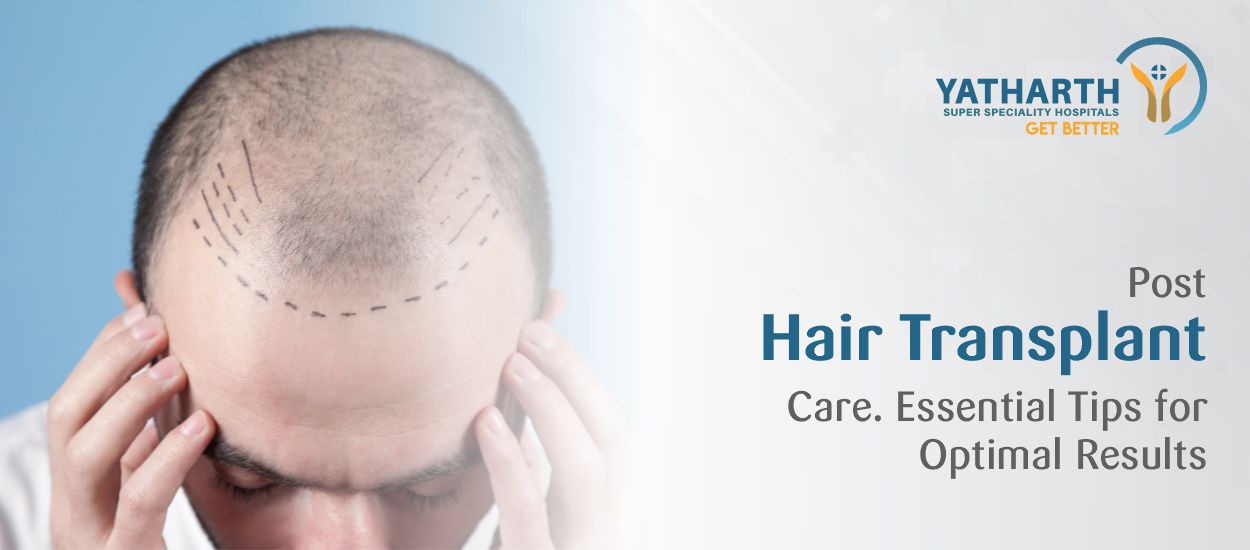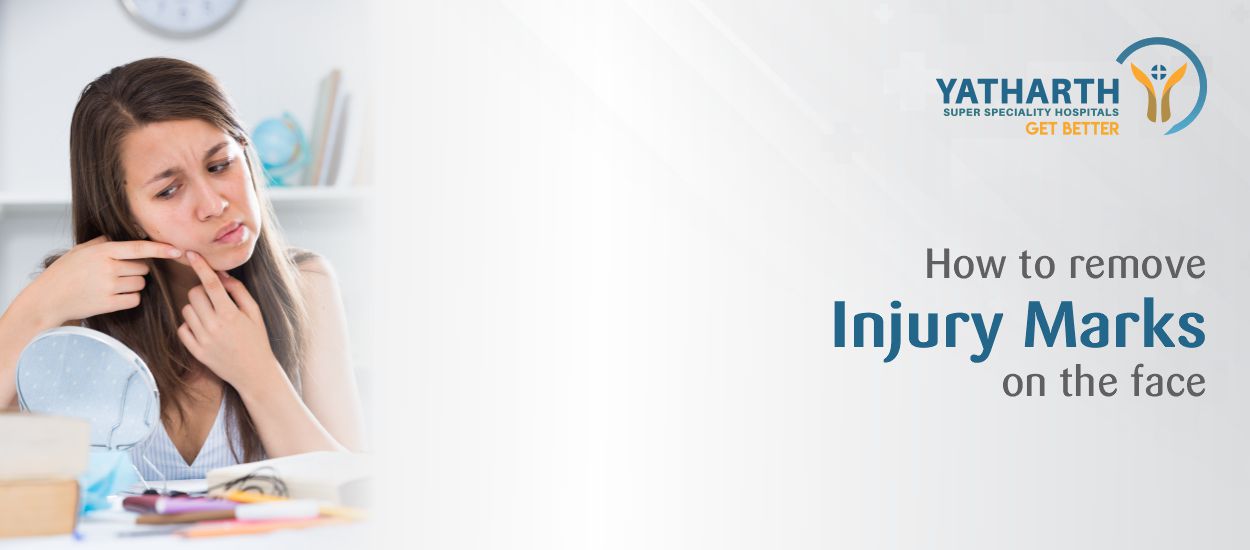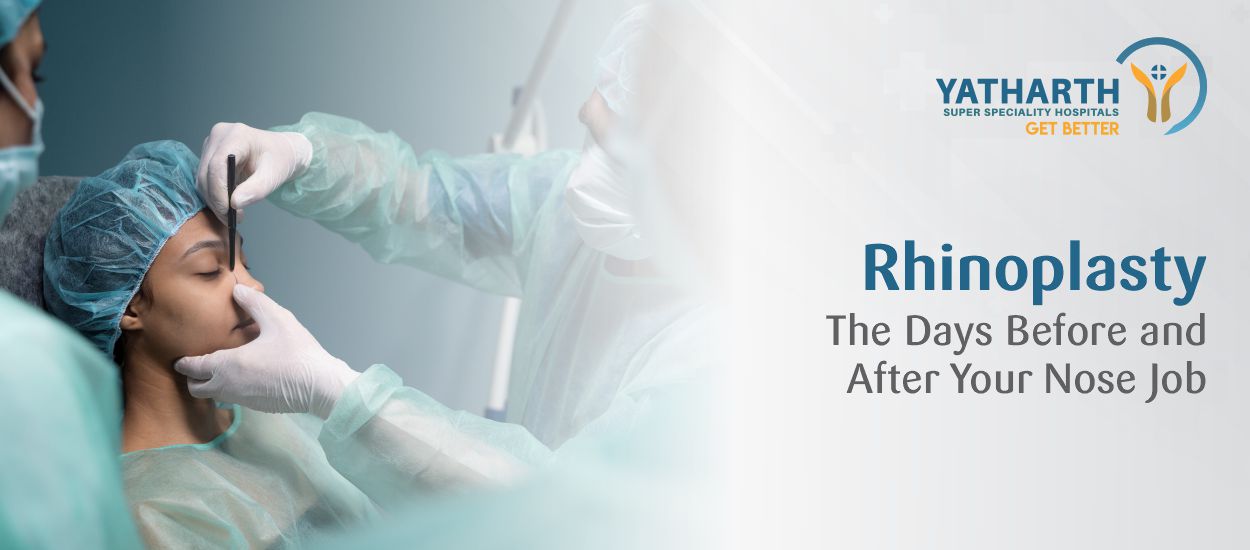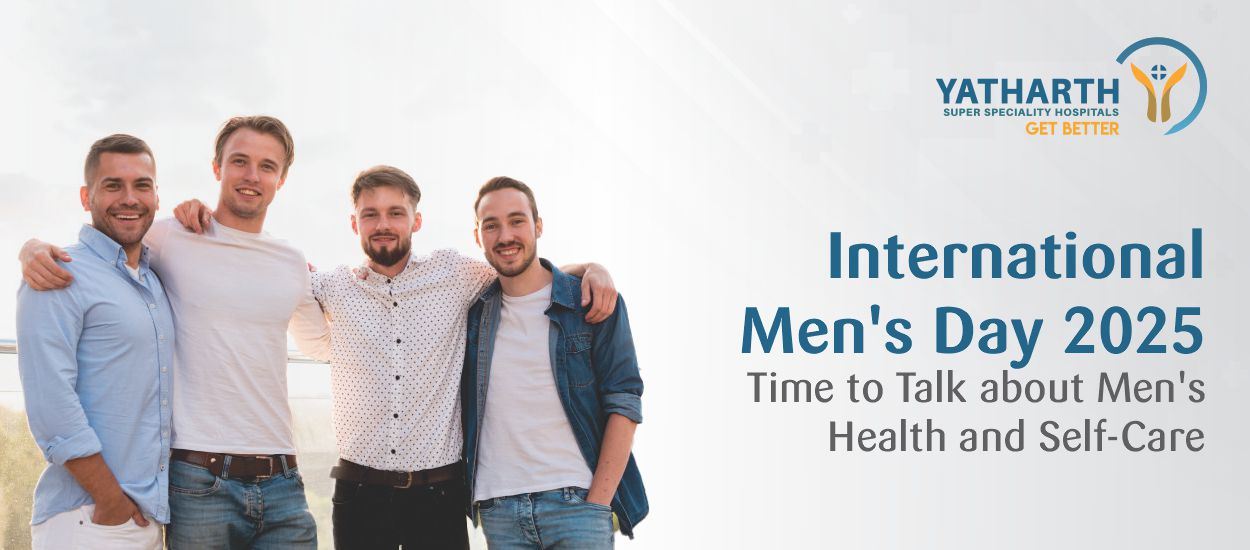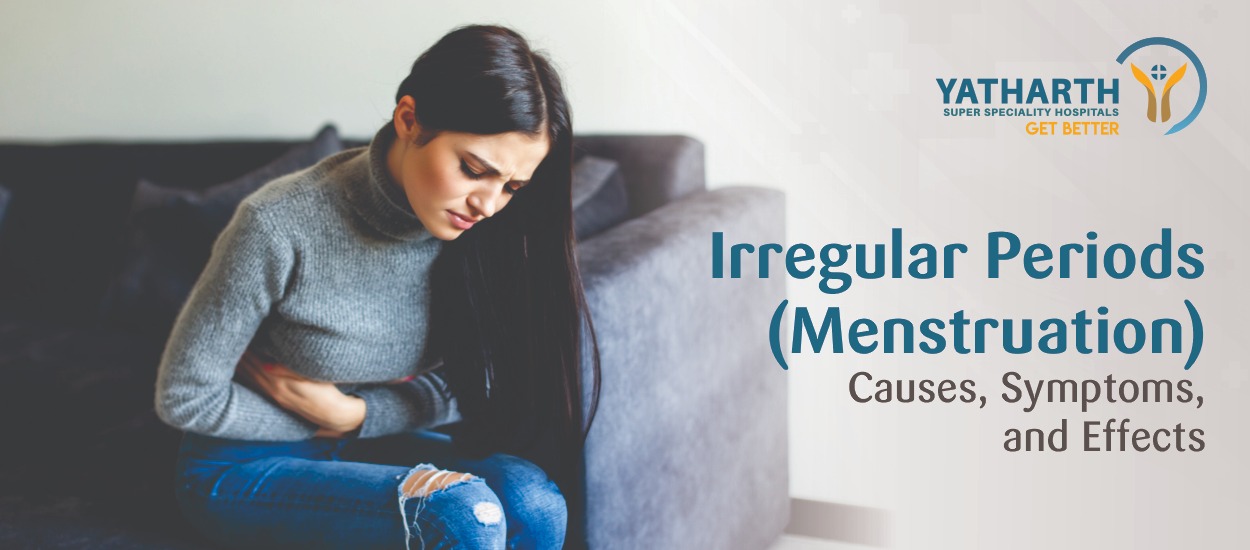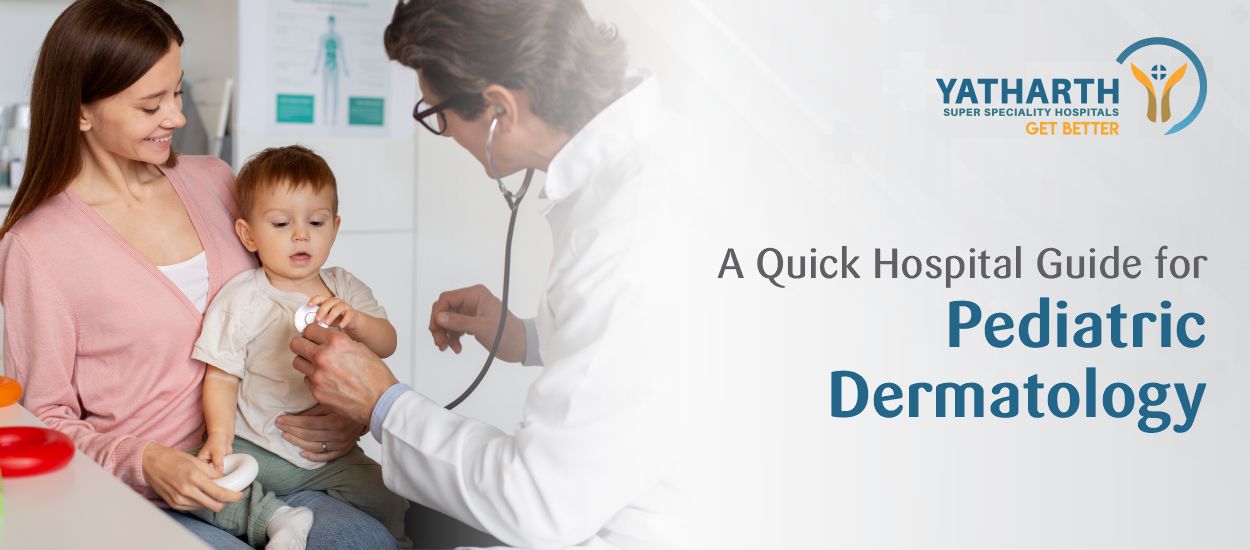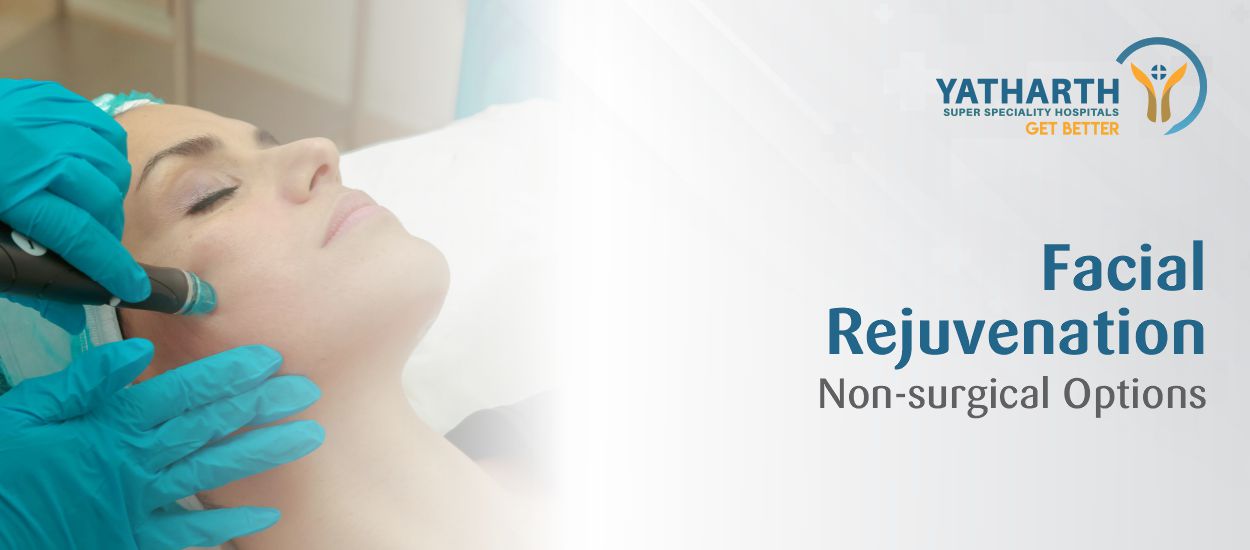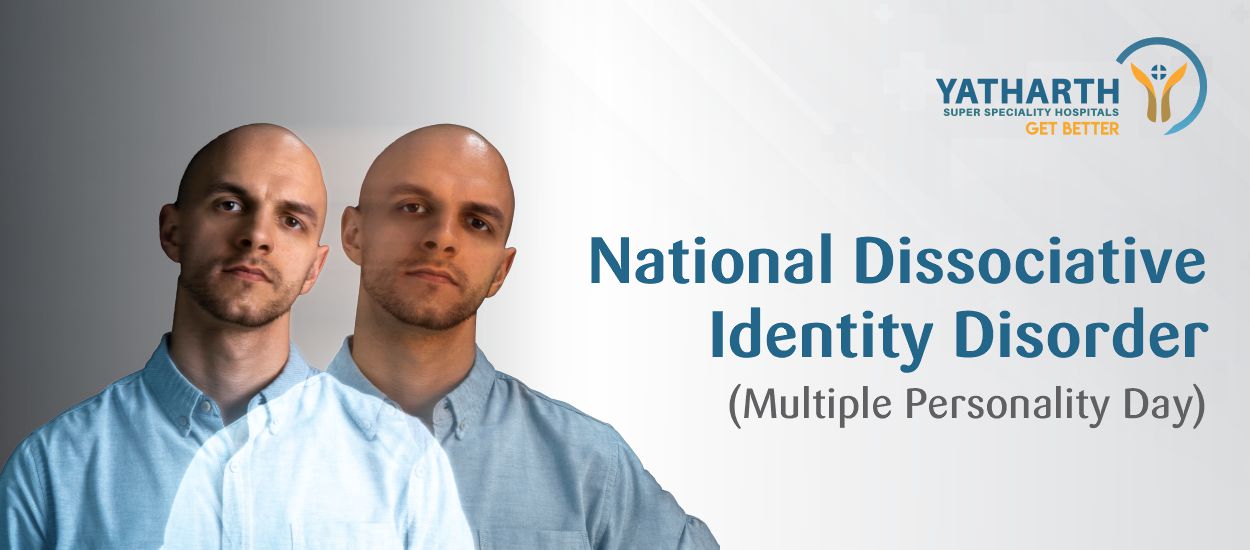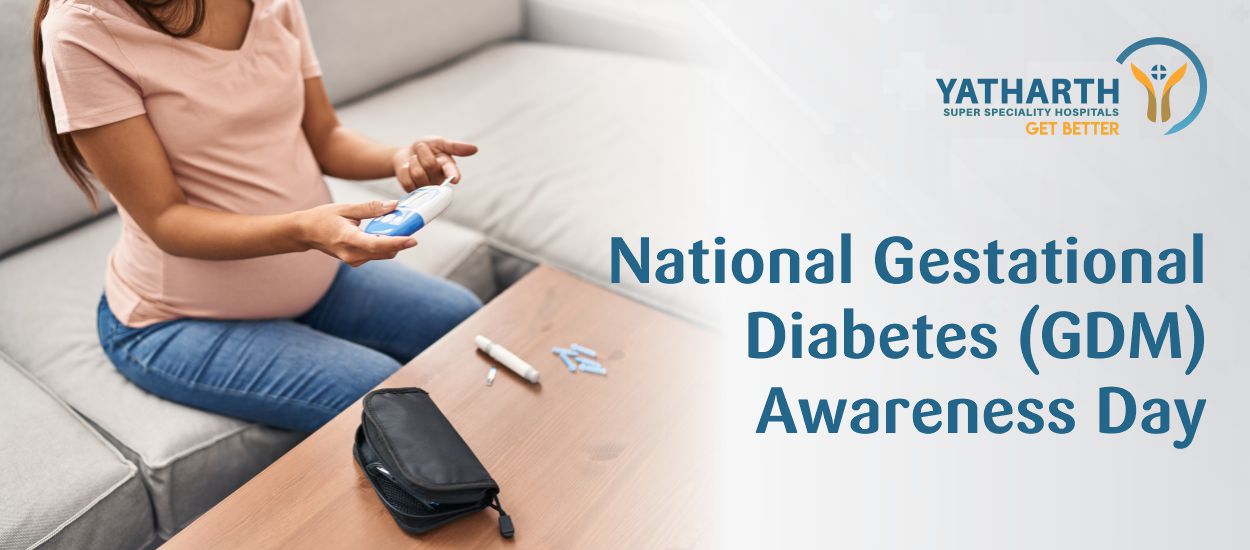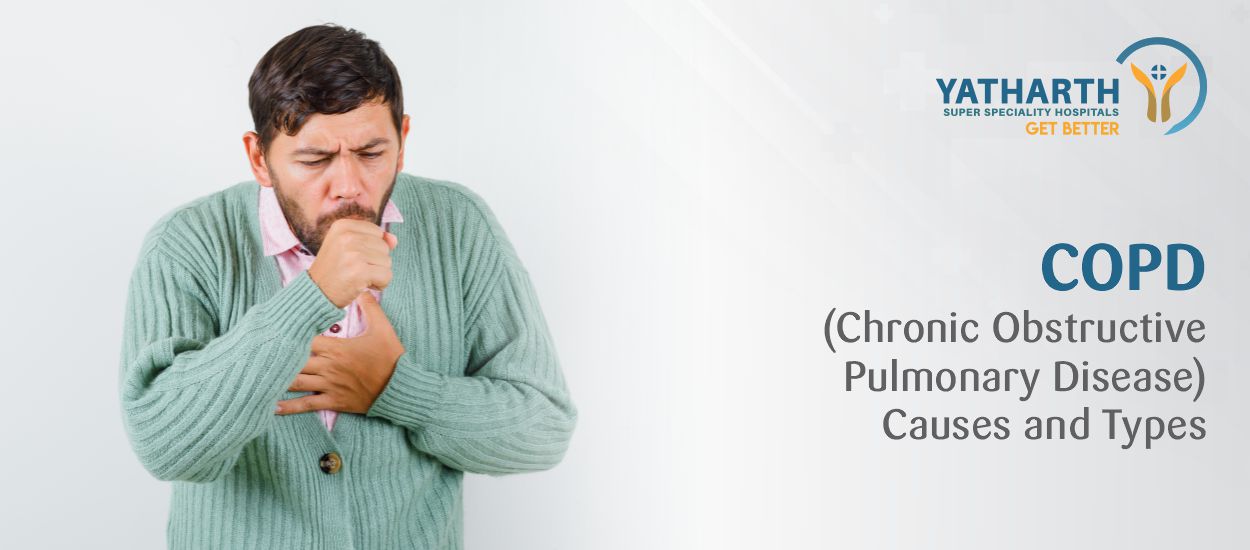Overview
Loss of hair, especially in your younger years, can affect self-esteem and confidence. A hair transplant procedure will restore both your hair and self-confidence. However, a successful hair transplant requires proper care in the post-hair transplant period. Diligent aftercare is essential to make sure of a seamless healing process and vibrant hair growth in the post-procedure months.
Importance of Post-transplant Haircare
Thorough haircare in the early weeks and months is crucial as the transplanted hair needs focused care and attention to adapt to the scalp and start growing properly. Inadequate care in the post-procedure period can result in slower growth and even hair loss. This blog explains the important tips that will allow the transplanted hair to take root strongly and swiftly for a healthy hairline.
Tips to Follow for the First Few Days
The days immediately following the hair transplant procedure are vital for the health and survival of the newly transplanted hair follicles. Here are some critical scalp care tips for these first few days:
- Don’t touch this area: The urge to touch the newly transplanted hair in the initial days may lead you to scratch the scalp. Scratching could dislodge your grafts and affect the overall result.
- Wash your hair carefully: You will be given specific instructions on when and how to wash your hair. In the initial days, hair can be rinsed gently with cool water without rubbing, scratching or applying pressure. Only use a mild shampoo advised by the surgeon to clean your scalp without dislodging any grafts.
- Make sure your scalp is protected from sunlight: As the skin is especially sensitive in the initial weeks after hair transplant, direct sunlight on the scalp must be avoided since it could cause irritation and slow down healing.
- Manage pain: Your surgeon will prescribe pain medications to manage any discomfort.
Haircare Tips for the First Month
In the first weeks following your procedure, one must avoid hair loss complications for robust hair growth. Follow the tips given below:
-
Skip strenuous activities: For at least one week following the surgery, avoid physical activities (like heavy lifting or cardio) that boost blood flow to the scalp. By increasing the risk of bleeding, these activities could affect the grafts.
- Shun hair products: Avoid styling products such as sprays, gels and oils as these may irritate the scalp and disrupt your healing process.
- Avoid smoking and drinking: Cigarettes and alcohol can stop your healing process and impact blood circulation. Avoid both at least in the initial weeks to promote efficacious hair transplant outcomes.
- Consume a balanced diet and stay hydrated: Wholesome nutrition promotes hair growth and speeds up healing. Therefore, consume foods rich in vitamins and minerals and drink plenty of water to facilitate faster recovery.
Long-term Haircare Guidelines
Over the months, your hair transplant results will be more visible. To maintain long-term results and avoid any setbacks, keep the following haircare guidelines in mind:
- Continue gentle haircare procedures: Once the surgeon permits you to restart regular washing, choose gentle, sulfate-free shampoos that won’t irritate your scalp or strip the hair.
- Adhere to your follow-up appointments: Periodic check-ups with the surgeon will help assess your progress. If you have concerns about the hair growth or notice some irregularities, contact your surgeon.
- Have patience: Recovery from a hair transplant represents a slow process. Although some shedding may occur in the early months, this should not alarm you as it remains part of the natural cycle. New hair will grow some months after the hair transplant surgery, with fuller results visible after about a year.
- Maintain healthy habits: A balanced daily diet and adequate sleep every night will advance optimal hair growth.
- Follow medication protocols: For quicker healing and hair growth, your surgeon may prescribe some medications. Always take them as per directions.
When Will the Transplanted Hair Start Growing?
The time for transplanted hair to take root varies because of several factors. These include the transplant method, the donor region’s condition, the patient’s age, his/her overall health and the diligence in complying with post-surgery haircare rules. Typically, the first hair growth signs may be observed around a fortnight after the procedure as the transplanted hair undergoes the telogen (resting) phase before beginning to grow.
Usually, a hair transplant’s full effect is visible between six and 12 months following the procedure. In this period, new hair keeps growing and increasing in density even as the donor area and scalp heal fully. However, one should remember that since every individual is unique, the healing time can differ between people. Further, adhering to all post-procedure haircare guidelines is indispensable to limit the healing period while obtaining the best results.
How Long Will the Results Last?
Once the hair has taken root fully and grows actively, your overall appearance will be enhanced. In some persons, these results could last for up to a decade or more. The ultimate duration depends on each individual’s characteristics and the level of haircare provided after surgery to the transplanted hair.
Sustaining the Results
To safeguard and prolong hair transplant results, you must practice the following haircare rules:
- Avoid any head strain or injury during the initial weeks after the procedure.
- Don’t wear hats or any other accessories that may rub your scalp.
- Stay away from hot baths, saunas or high-temperature areas in the first few weeks.
- Refrain from smoking or alcohol consumption since this could delay wound healing.
- For proper hair protection and nourishment, only use recommended shampoos and medications.
- Only begin washing and styling the hair after your doctor permits the same.
- Visit your doctor regularly to monitor the hair condition and receive periodic/additional advice on care.
Some Final Advice
Always remember that the experiences of different individuals could vary. While some patients may experience limited or no discomfort, others can encounter temporary problems such as scabbing, itching or redness. The key learning is that you should never hesitate to contact your hair transplant surgeon regarding any issues or concerns that arise in the early phase of recovery or even thereafter. While the early days require complete attention, don’t forget that aftercare for your hair goes well beyond the first weeks. By consulting the best hair transplant surgeon in your region, you can rest assured of obtaining healthier outcomes.
